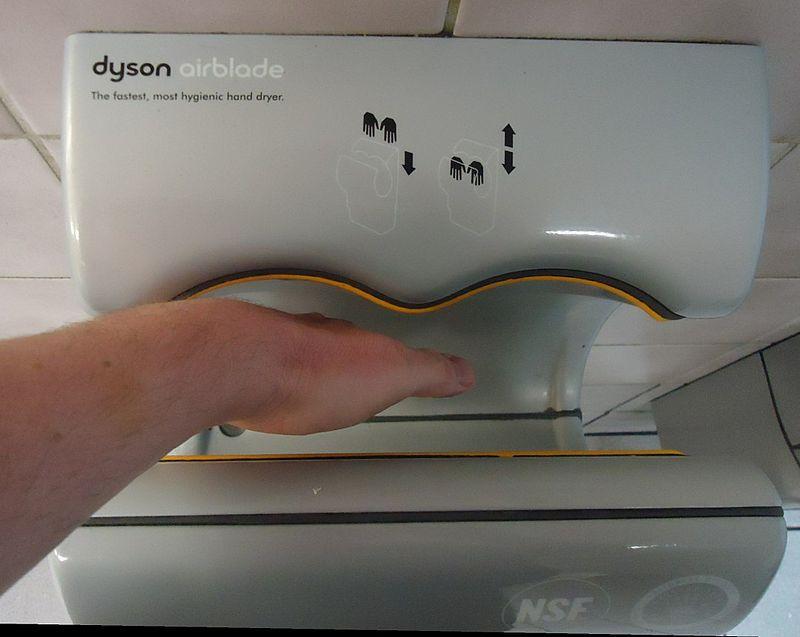A study discovered that hand dryers in public bathrooms blew bacteria onto people’s hands.
The report, published in the Applied and Environmental Microbiology Journal, said that scientists put data-gathering plates under hand dryers at 36 bathrooms around the University of Connecticut’s campus.





